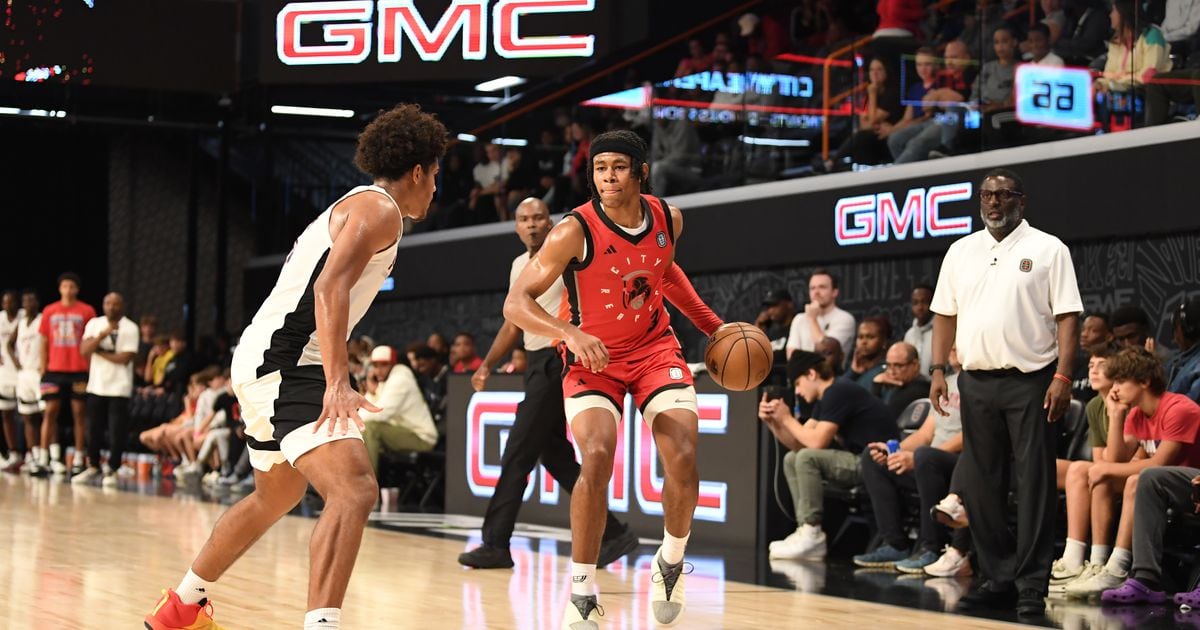MtnWasp
Ramblin' Wreck
- Messages
- 998
It seems to me with the recent development of extreme roster volatility that talent retention may emerge as the single greatest key to high level winning in the game currently.
The post season disappointments of both Duke and Kentucky, programs that have cornered the market on 5* high school talent, has demonstrated the importance of maturity and experience in winning. The model of constantly reloading with elite level talent has to be drawn into question.
Duke recruiting over 5* Mark Mitchell is a good example of this questionable strategy in play. The Freshman is an elite talent but he will be a Freshman. Even if his stats are going to be superior to Mitchell's, will it more than compensate for Mitchell's experience and maturity?
The transfer portal has thrown coaches some major curveballs. The presence of the permissive transfer rules combined with NIL possibilities has resulted in tremendous opportunities to adjust roster talent on the fly. However, what is being seen is that players are more than wiling to repeatedly transfer from one year to the next. If they are willing to be a Free Agent after their Soph year, they may be equally willing to sample free agency after their Junior year. If it is easier to slide talent in, it is equally easy to have it slide out.
We've always known that talent wins. But we also have found out that experience wins and culture wins. In an era of extreme player mobility, the key to winning may turn out to be those coaches who can figure out a way to retain talent long enough to establish a culture and with players who have been in the system long enough to execute schemes of sufficient sophistication to give the opposition problems and to do that efficiently.
Will it come down to coaches identifying their core talent and allocating NIL resources efficiently to retain those core assets that would otherwise be pirated? Will it come down to getting players in early and fostering a sense of loyalty? Will it mean trying to find second tier talent that will hang long enough to be experienced players that can out-savvy more talented but less experienced players? What model will the new generation of elite coaches employ?
The post season disappointments of both Duke and Kentucky, programs that have cornered the market on 5* high school talent, has demonstrated the importance of maturity and experience in winning. The model of constantly reloading with elite level talent has to be drawn into question.
Duke recruiting over 5* Mark Mitchell is a good example of this questionable strategy in play. The Freshman is an elite talent but he will be a Freshman. Even if his stats are going to be superior to Mitchell's, will it more than compensate for Mitchell's experience and maturity?
The transfer portal has thrown coaches some major curveballs. The presence of the permissive transfer rules combined with NIL possibilities has resulted in tremendous opportunities to adjust roster talent on the fly. However, what is being seen is that players are more than wiling to repeatedly transfer from one year to the next. If they are willing to be a Free Agent after their Soph year, they may be equally willing to sample free agency after their Junior year. If it is easier to slide talent in, it is equally easy to have it slide out.
We've always known that talent wins. But we also have found out that experience wins and culture wins. In an era of extreme player mobility, the key to winning may turn out to be those coaches who can figure out a way to retain talent long enough to establish a culture and with players who have been in the system long enough to execute schemes of sufficient sophistication to give the opposition problems and to do that efficiently.
Will it come down to coaches identifying their core talent and allocating NIL resources efficiently to retain those core assets that would otherwise be pirated? Will it come down to getting players in early and fostering a sense of loyalty? Will it mean trying to find second tier talent that will hang long enough to be experienced players that can out-savvy more talented but less experienced players? What model will the new generation of elite coaches employ?
Last edited:

